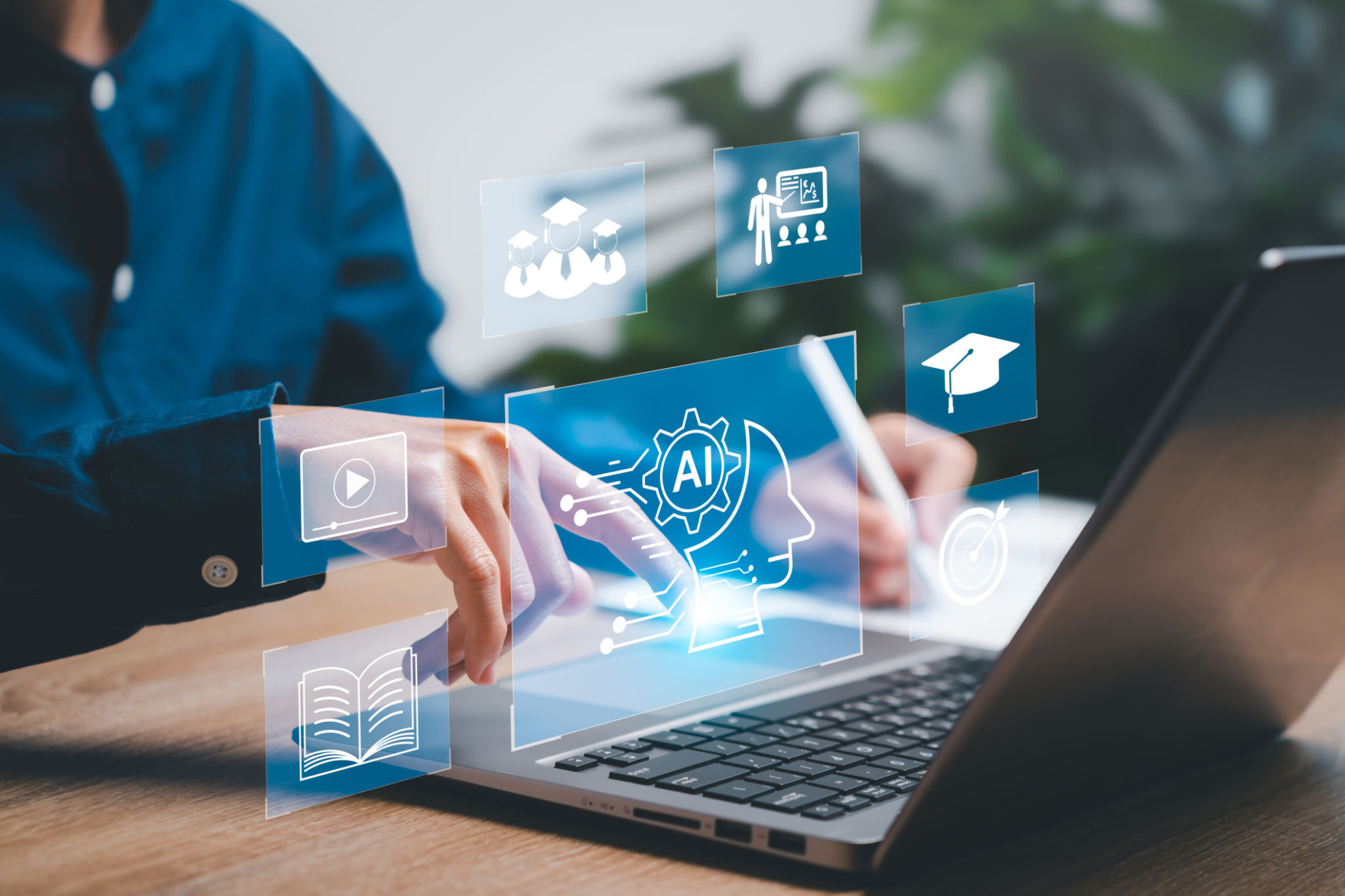The Ultimate Guide to AI-Powered Learning Tools
Introduction to AI-Powered Learning Tools
In recent years, the landscape of education has been dramatically transformed by the introduction of AI-powered learning tools. These innovative technologies are reshaping how educators teach and how students learn, making education more accessible, personalized, and efficient. From adaptive learning platforms to intelligent tutoring systems, AI is carving a new path in the realm of education.

What Are AI-Powered Learning Tools?
AI-powered learning tools are software applications that leverage artificial intelligence to enhance educational experiences. They utilize algorithms and machine learning to tailor educational content to individual learners' needs, providing personalized feedback and support. These tools can analyze data to identify learning patterns, predict outcomes, and adapt to each student's unique learning style.
Types of AI-Powered Learning Tools
There are several types of AI-powered learning tools available today, each serving distinct purposes:
- Adaptive Learning Platforms: These platforms adjust the difficulty and type of content based on a student's performance and preferences.
- Intelligent Tutoring Systems: These systems simulate one-on-one tutoring by providing personalized guidance and support.
- AI Chatbots: Chatbots can answer queries, provide explanations, and offer resources to aid in learning.
The Benefits of AI-Powered Learning Tools
AI-powered learning tools offer numerous advantages that can significantly enhance the educational experience for both students and educators. One of the primary benefits is the ability to deliver personalized learning. By analyzing data on student performance, these tools can tailor lessons and materials to meet individual needs, helping students learn at their own pace.

Enhanced Engagement and Motivation
AI tools can make learning more engaging by using gamification techniques and interactive content. By incorporating elements such as rewards, progress tracking, and competitive challenges, these tools can motivate students to stay committed to their studies. This increased engagement often leads to better retention of information and improved academic performance.
Challenges and Considerations
While AI-powered learning tools offer many benefits, they also present certain challenges. One major concern is ensuring data privacy and security. As these tools collect and analyze vast amounts of data, it is crucial to implement robust measures to protect sensitive information. Additionally, there is a need for ongoing research to ensure that AI algorithms are free from biases that could affect educational outcomes.

The Future of AI in Education
The future of AI in education looks promising as technology continues to advance. We can expect more sophisticated AI tools that further personalize learning experiences and provide even more accurate insights into student progress. As educators become more adept at integrating these technologies into their teaching methods, the potential for improved educational outcomes will likely grow exponentially.
Conclusion
AI-powered learning tools are revolutionizing the way we approach education. By providing personalized, engaging, and efficient learning experiences, these tools have the potential to bridge gaps in education and reach a wider audience. As we continue to explore the possibilities of AI in education, it is essential to address challenges and ensure that these technologies are used ethically and effectively.